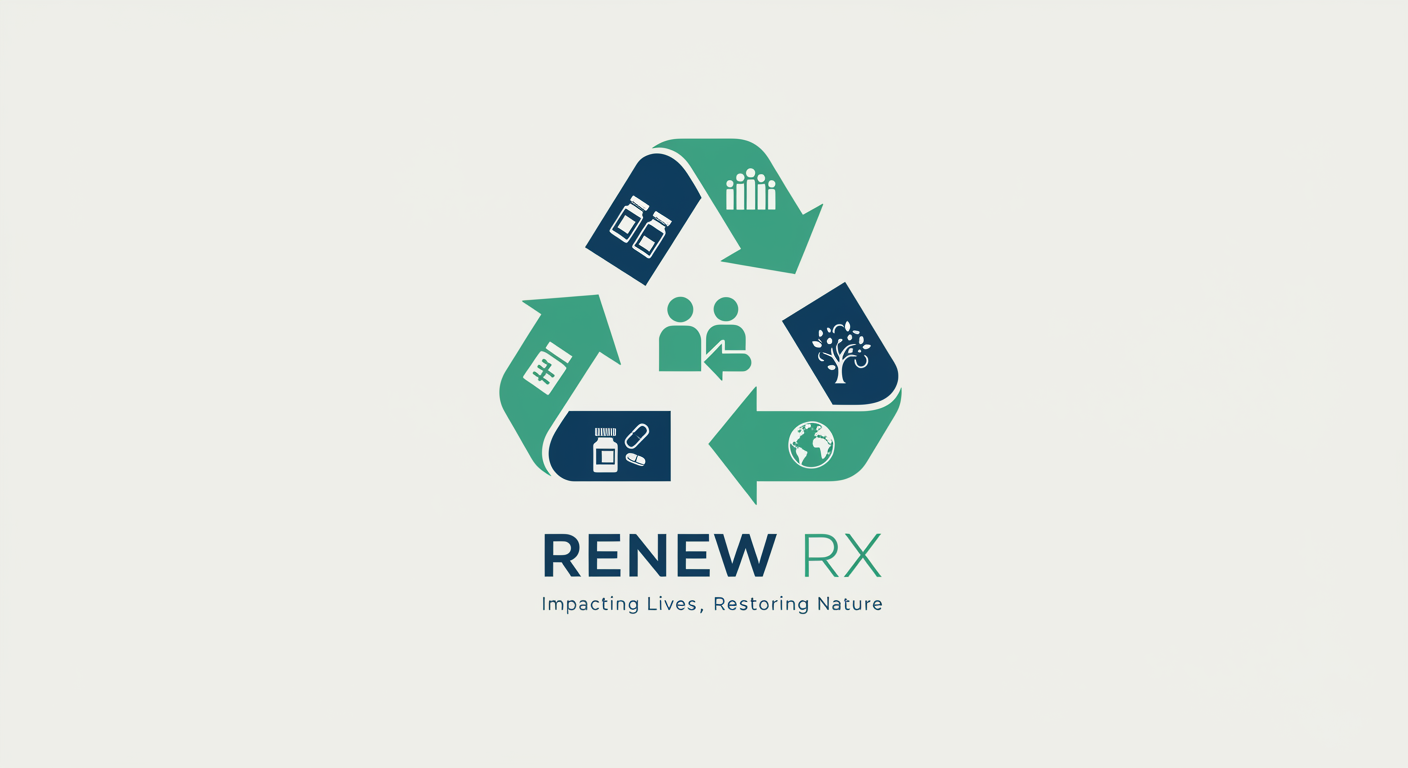Your cart is currently empty!
Kenya continues to grapple with the aftermath of the recent devastating floods, a stark reminder of the escalating climate crisis. These floods have tragically claimed the lives of over 200 Kenyans, according to some reports, while leaving countless others displaced, having lost their homes and livelihoods to the extreme weather event.
Climate change can cause more intense rainfall, leading to floods, with the UN (United Nations) having “the call for urgent action to combat climate change and its impacts” as one of the SDGs (Sustainable Development Goals), specifically SDG number 13 underscoring how serious the issue of climate change is to humanity.
Did you know that, as a pharmacy professional, you can positively impact the climate in your day-to-day work by contributing to pharmaceutical waste reduction?
The Pharmaceutical-Climate Change Connection
At the manufacturing level, the pharmaceutical industry is a significant contributor to greenhouse gas emissions, which is proven to keep the Earth’s temperature warmer, providing more energy for storms and extreme weather events, recently experienced in Kenya as floods.
Pharmaceutical plants use demand to decide quantities to manufacture, a factor driven by pharmacy professionals serving in the last mile when directly dealing with patients, as the consumption data from purchases from wholesalers feeds higher up the supply chain.
Data shows that 3 to 5 percent of the retail (community) pharmacy level stock becomes pharmaceutical waste due to expiries underlying the impact pharmacy professionals practicing within communities can have on climate change by limiting the waste through collaborating within the industry to help liquidate items before they expire.
Related Article: Win-Win Partnerships: How Collaboration Can Reduce Expiry Waste

How Can Pharmacy Professionals Positively Impact Climate Change?
Pharmacy professionals can positively impact climate change by embracing the concept of redistribution, whose foundation is collaboration within the pharmaceutical profession, leading to pharmaceutical waste reduction.
Support redistribution platforms like Renew Rx that work to liquidate medicines at risk of becoming pharmaceutical waste as they approach expiry by placing orders for products your facility can quickly liquidate.
Consider checking out the Renew Rx platform as part of your regular process of placing orders as your contribution to positively impacting climate change as you improve access to medicines.
Consider sharing with other health professionals who want to contribute to the climate change cause how they can play a role in limiting unwanted effects on our environment and climate.
How Does Climate Change Affect Pharmacy Practice?
Many areas within Kenya flooded, affecting business premises, including pharmacies, with some customers moving away from their previous homes or unable to reach pharmacies, causing financial losses that some pharmacies will struggle to recover from.
News outlets showcased a supplier/distributor/importer whose warehouse flooded, affecting operations, which can be a public health concern if it impacts the pharmaceutical supply chain, for example, if a supplier stocks a life-saving product.
Additional Effects Of Climate Change On the Health Industry
Epidemics can occur after flooding, for example, malaria epidemics, particularly in areas considered endemic, apart from the increase in water-borne diseases, especially in areas where sewage systems come into contact with humans, as seen with flooded pit latrines.
The long-term impact is an overburdened health system putting pressure on the pharmaceutical supply chain.

